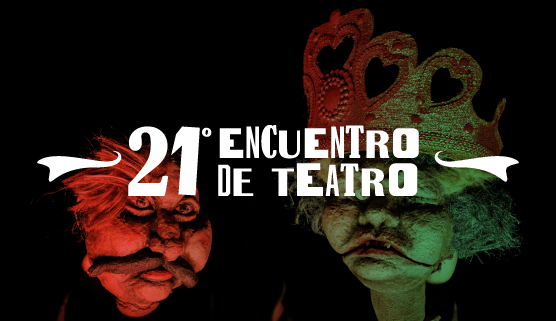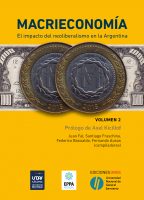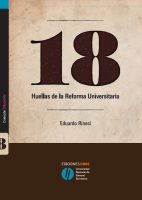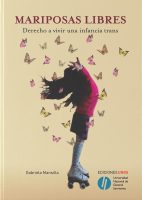Arena civica (practicas ciudadanas e institucionales en el uruguay de los 90)
In Latin America, the recomposition of the capitalist system adopted a regressive character on the social plane. Known are the effects that the application of structural reforms, particularly the reform of the State and the privatization plan that it implied, meant for large conglomerates of people. Faced with these challenges, which involve new forms of exploitation and social exclusion, the actors react in different ways. Faced with situations that are understood as threatening what has already been conquered and built, the collectives begin to deploy strategies that not only imply the readaptation to the new times but the use of the traditional forms of protest in a different way and the incorporation of others. In these new historical circumstances, how does Uruguayan society react to the reforms that imply the privatization of state enterprises? In the last twelve years, collective action in Uruguay is largely defined by the use of institutionality.It was through the exercise of direct democracy that Uruguayan citizens managed to partially prevent the privatization of state enterprises. In the absence of works that reconstruct these dynamics, this research is proposed from a non-traditional perspective, to reconstruct the social and political plot through the concepts of "civic time" and "civic arena". In particular I will dwell on the study of three popular consultations that prospered: the referendum in Defense of Public Enterprises (1992), the referendum in Defense of ANCAP (2003) and the Water Plebiscite (2004). These cases allow knowing the dynamics in their entirety, having complied with the two instances (from the activation of the direct democracy mechanism to the final electoral campaign). From this it is clear which were the constants that ensured a favorable outcome for those who promoted these initiatives and allows us to approximate explanations about the cases that were unsuccessful. This research also analyzes the extent to which these dynamics account for new uses and citizen practices. It is hypothesized that after the democratic opening the citizenship adopts an active and contestatory character and autonomizes itself from the traditional parties, by making use of mechanisms of direct democracy with its own demands and beyond the resolution of these parties. Likewise, the exercise of citizenship not only implies a reactive dimension (referendums) and a proactive one (Water Plebiscite), but it must assume new exercises, meanings and uses, since what is at stake is its own existence. It is a citizenship that was conceived within the framework of a democratic, welfare and participatory State, which faces problems and disjunctives and questions its own bases, this requires an active role. It is this conviction that explains and justifies the sustained exercise of institutional actions, through which Uruguayans have been able to foresee future results, since it depends on the success or partial invalidation of the economic model, which they link with their own existence. At the regional level, Uruguay shows a profile of originality when taking a collective action where the institutional way prevails before the verification that the traditional forms of struggle are inoperative in the face of privatization. Methodologically, the testimony of the protagonists interviewed, (here the organizers were taken into account and those who collaborated voluntarily) made it possible to access the organizational details, as well as to know the different opinions, motivations and balances that arise from the lived experience. At another level, the parliamentary acts allowed for a follow-up of the convergent positions but also divergent within each party. From this documentation can be seen, the comings and goings in the changes of position and the agreements that were forged between the different political forces. The study of the discourses of the social actors through the press, allowed to know their motivations and the sociopolitical context but also economic and cultural in which these campaigns were inserted. To corroborate the degree of originality that the Uruguayan case has, the study of other national realities was attended. This allowed us to insert Uruguay into the region and appreciate a complex but enriching panorama of social dynamics. These episodes appear focused on the perspective of some questions that I pose: To what extent do these actions resignify traditions, or do they invent other practices from old practices? What changes in the socio-political scenario of Uruguay in the 1990s? Do these actions involve learning and at the same time appropriation, by incorporating the logic of the referendum into electoral logic? Are we facing a social reality where actors seek to separate and differentiate themselves from parties, or favor new alliances? Are the issues under discussion circumstantial or political arguments? What are the reasons that explain these behaviors citizens in times of uncertainty and changes that seemed unable to stop? To what extent, the Batllist heritage was present in the group that went to the polls to invalidate government decisions? Or the answers given in these calls are indications of new deliberative forms assumed by citizens? What are the theoretical contributions that emerge from this experience? How to analyze when in the fragmentation, the citizenship is confirmed generating changes that revert to society as a whole? To what extent has the use of mechanisms of direct democracy contributed to strengthening Uruguayan democracy?







